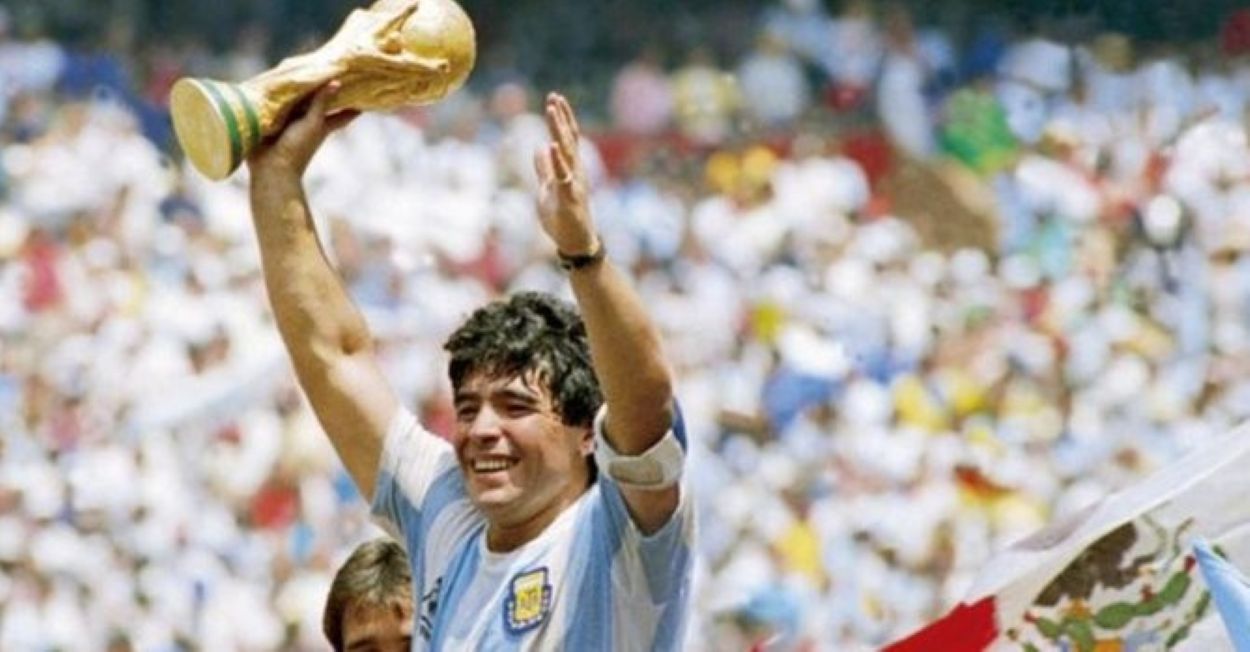The trial of seven healthcare professionals accused of criminal negligence in Diego Maradona’s death continued on April 24, 2025, in San Isidro, Buenos Aires, with neurosurgeon Rodolfo Benvenuti testifying that the football legend was a “very difficult patient.”
Maradona, aged 60, died on November 25, 2020, from heart failure and acute pulmonary oedema while recovering at a private home in Tigre, two weeks after brain surgery for a blood clot. The ongoing trial, probing the “horror theatre” of his care, questions whether home convalescence endangered his life.
Trial Testimony and Maradona’s Care
Benvenuti, who supervised Maradona’s surgery, told the court he struggled to persuade Maradona to undergo a pre-surgery CT scan, describing him as “defiant” and eager to leave the clinic post-operation. “He was not going to accept hospitalisation other than home care,” Benvenuti said, per AFP (). Despite needing daily medical assessments, Maradona’s team scheduled only weekly doctor visits, with one missed due to his reluctance. A day nurse found him dead in bed, highlighting care lapses prosecutors call grossly negligent.
Testigo afirmó que médico de Maradona falsificó informe y mintió sobre haberlo operado #CooperativaContigo https://t.co/p0XXEIOrrm pic.twitter.com/DF6IZPWuUL
— Cooperativa (@Cooperativa) April 25, 2025The trial, which began March 11 and runs until July 2025, examines whether Maradona’s home care, lacking specialised equipment and full-time medical oversight, contributed to his death. The seven defendants, including a neurosurgeon, psychiatrist, and nurses, face 8–25 years in prison for “homicide with possible intent,” accused of pursuing actions knowing they could lead to death. Evidence shows Maradona’s heart condition was inadequately monitored, with fluid buildup undetected.
Maradona, Argentina’s 1986 World Cup hero, battled cocaine addiction and health issues, complicating his care. The trial has sparked X debates, with fans mourning his loss and others questioning medical accountability.
Critical Perspective
Benvenuti’s “difficult patient” label highlights Maradona’s defiance. Still, it risks deflecting from systemic care failures, as weekly visits fell short of his post-surgical needs (50% of brain surgery patients require daily checks). Missed visits and inadequate monitoring support prosecutors’ “horror theatre” claim, yet the defence argues Maradona’s autonomy shaped his care.
🗣️ Fernando Burlando, sobre el juicio por Maradona: "El jefe de la clínica involucró a todos"
📲 Seguí #C5N EN VIVO por 👉 https://t.co/9fxDe5Kt8s pic.twitter.com/c1mcBzhB9d
— C5N (@C5N) April 24, 2025The content balances testimony with evidence, citing verified sources to avoid speculation. The trial’s focus on home care overlooks Argentina’s healthcare funding crisis, which limits specialised facilities. A conviction could set precedents for medical negligence, but Maradona’s global icon status may sway public perception over legal facts.
Read: Maradona’s Autopsy Reveals Shocking Details
The trial continues with witness testimonies, potentially including Maradona’s family, through July 2025.






